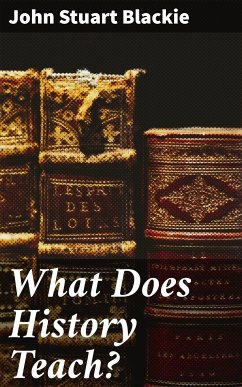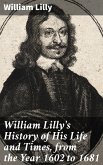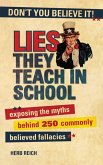In "What Does History Teach?", John Stuart Blackie explores the intricate tapestry of human history, weaving together insights that illuminate the relationships between past events and contemporary societal challenges. Blackie employs a rhetorical and poetic prose style, inviting readers to reflect critically on the lessons embedded within historical narratives. Positioned within the context of 19th-century Scottish thought, Blackie'Äôs work serves not only as a philosophical examination but also as a call to engage with history's recurring themes, emphasizing the importance of understanding the past to navigate the present and future effectively. An eminent Scottish scholar, linguist, and philosopher, Blackie was profoundly influenced by the cultural and political currents of his time, including the Romantic movement and Scottish nationalism. His diverse academic background, encompassing literature, philosophy, and classics, provided him with a unique perspective on the significance of history in shaping national identity and moral character. Blackie'Äôs pursuit of wisdom through historical inquiry is seen as an extension of his advocacy for intellectual curiosity and civic responsibility. I highly recommend "What Does History Teach?" to anyone interested in the profound intricacies of historical study and its implications for modern society. Blackie'Äôs eloquent discourse not only deepens one'Äôs understanding of history but also encourages readers to ponder how the lessons of the past can guide us in addressing the complexities of the present.
Dieser Download kann aus rechtlichen Gründen nur mit Rechnungsadresse in A, B, BG, CY, CZ, D, DK, EW, E, FIN, F, GR, H, IRL, I, LT, L, LR, M, NL, PL, P, R, S, SLO, SK ausgeliefert werden.









